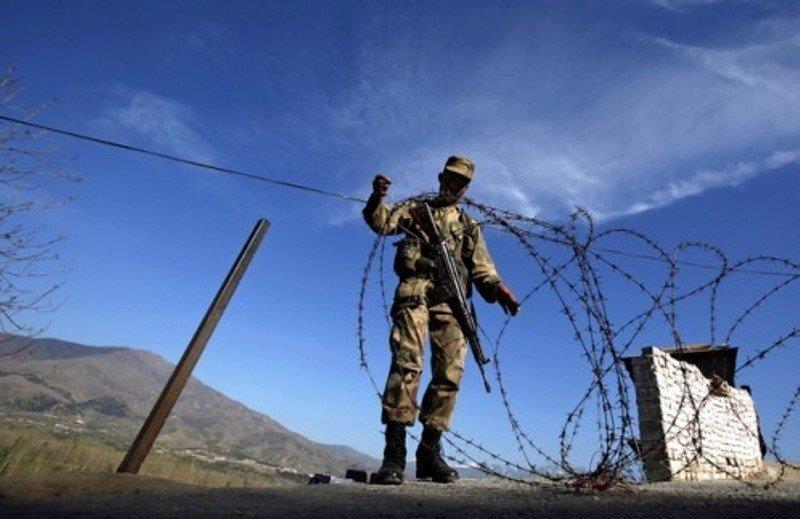
IEA Escalates Border Dispute With Pakistan, Rejects Durand Line's Legitimacy In Fiery Retort
Stanikzai's remarks came as a direct response to Pakistani officials' assertions regarding the Durand Line, which has been a focal point of diplomatic friction between the two nations.“The Durand Line is an imaginary line, and there is no issue between Pakistan and us in this respect,” Stanikzai stated, highlighting the colonial origins of the dispute. He refuted the Pakistani stance by pointing out that the agreement to draw the Durand Line was made between the British and Amir Abdul Rahman Khan, not involving what is now Pakistan, as the country did not exist at the time.
The Deputy Foreign Minister went further to underscore the historical context, noting,“Pakistan did not exist when Durand's imaginary line was drawn. Fifty years later, Pakistan was established. Pakistan is younger than the Durand Line.” This perspective not only challenges the current geopolitical narrative but also delves into the colonial past, questioning the very foundation upon which the border dispute rests.
The discourse around the Durand Line, according to political analysts like Fahim Chakari, requires international intervention. Chakari suggests that the United Nations should step in to facilitate a resolution that genuinely reflects the will of the people on both sides of the line. This call for a democratic approach to solving the border issue highlights the complexities surrounding territorial disputes inherited from colonial rule.
The Afghan stance contrasts starkly with that of Anwar ul-Haq Kakar, the Prime Minister of Pakistan's caretaker government, who in a special interview with TOLOnews, claimed the Durand Line as an“internationally recognized border” between Afghanistan and Pakistan. This claim by Pakistan's highest office not only asserts the line's legitimacy but also represents an attempt to solidify its status amidst ongoing disputes.
The Durand Line, stretching over 2,400 kilometers, has been a contentious issue since its inception in 1893, dividing ethnic Pashtun territories and disrupting traditional nomadic routes. The disagreement over this boundary has fueled tensions, leading to recurring diplomatic clashes and complicating the relationship between Afghanistan and Pakistan.
As officials from Afghanistan's de facto authorities once again challenge Pakistan's assertions, the Durand Line remains a symbol of colonial imposition and a reminder of the unresolved issues that continue to plague South Asian geopolitics. The international community's role, particularly that of entities like the United Nations, could prove crucial in navigating towards a peaceful and mutually acceptable resolution.
This latest exchange not only highlights the enduring legacy of colonial borders in shaping modern state relations but also underscores the importance of dialogue, understanding, and international cooperation in addressing the remnants of a divided past. As Kabul and Islamabad navigate these turbulent waters, the path forward remains uncertain, with historical grievances and national pride at the forefront of this geopolitical standoff.
ShareFacebook Twitter WhatsApp Email Print Telegram
Legal Disclaimer:
MENAFN provides the
information “as is” without warranty of any kind. We do not accept
any responsibility or liability for the accuracy, content, images,
videos, licenses, completeness, legality, or reliability of the information
contained in this article. If you have any complaints or copyright
issues related to this article, kindly contact the provider above.

















Comments
No comment